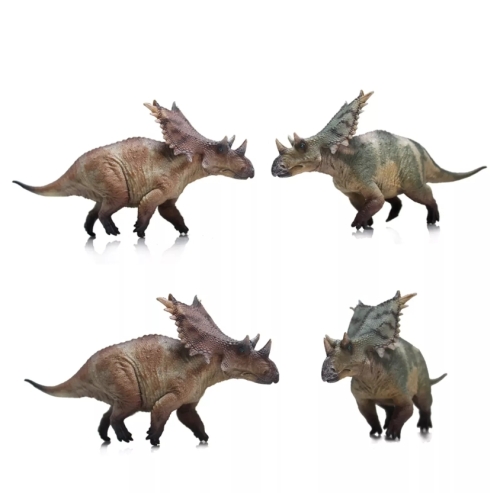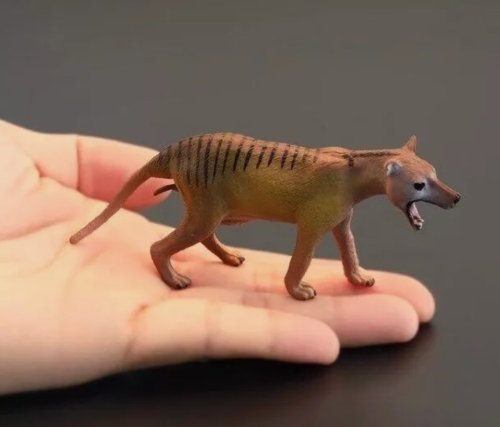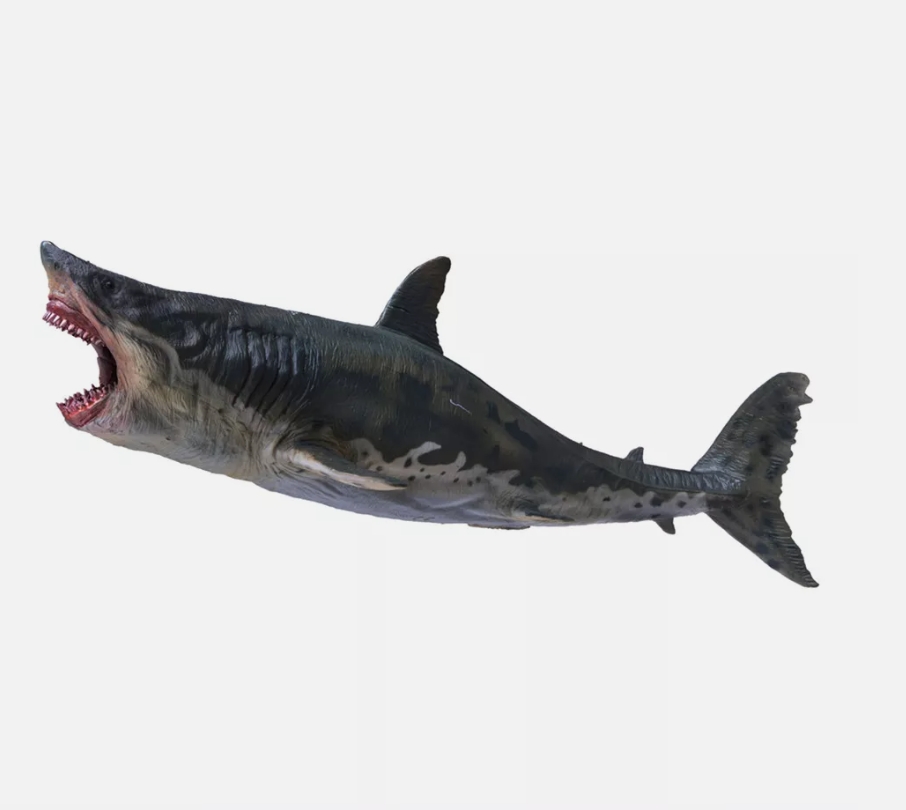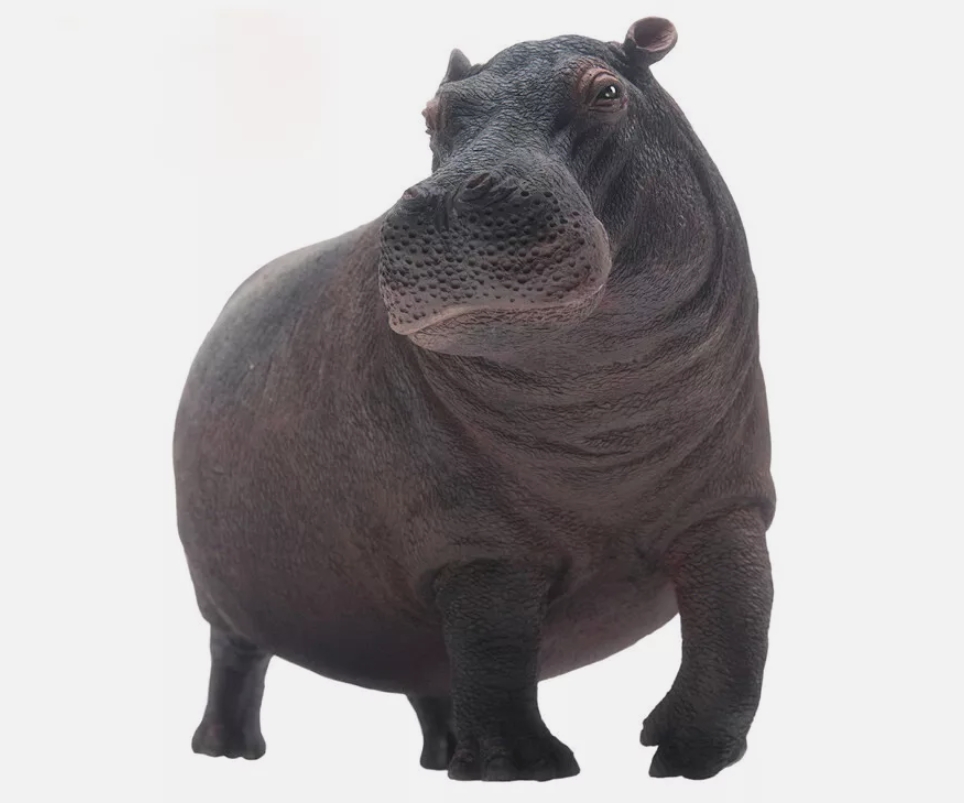Animal models play a crucial role in medical research, providing scientists with a platform to identify and verify biological mechanisms, disease development, and potential treatments. By translating the features of human disease into models that can be observed in animals, researchers are able to gain a deeper understanding of the causes and processes of disease, thereby advancing medical advances.
These animal models usually include mice, rats, rabbits, monkeys and other different species, with mice often preferred because of their short life cycle, easy genetic manipulation, and rapid reproduction. Through genetic engineering techniques, scientists are able to create animals with specific genetic deletions or mutations to mimic the genetic basis of human disease. These models not only help study genetic diseases, but can also be used to test the safety and effectiveness of new drugs and treatments.
In cancer research, animal models are widely used to study the mechanisms of tumor formation and metastasis. By observing tumors grow and respond to treatment in these models, researchers are able to assess the potential of anti-cancer drugs. At the same time, the study also found many biomarkers and signaling pathways related to cancer, providing new ideas for early diagnosis and personalized treatment.
In addition, animal models also play an important role in neuroscience, cardiovascular disease,immunology and many other fields. In neurological studies, researchers explore pathological mechanisms and potential treatment options by simulating neurodegenerative diseases such as Alzheimer's disease. Animal models of cardiovascular disease help scientists understand pathological conditions such as atherosclerosis and myocardial infarction, and test emerging drugs and devices.
Although animal models have irreplaceable value in medical research,they also face questions of ethical and scientific validity.

















